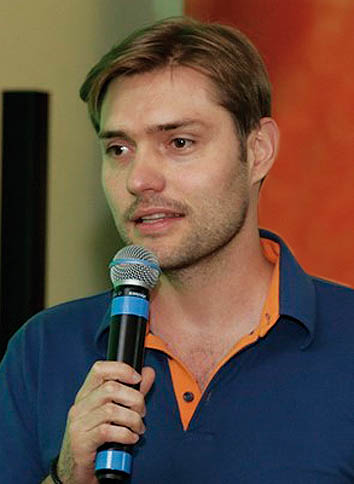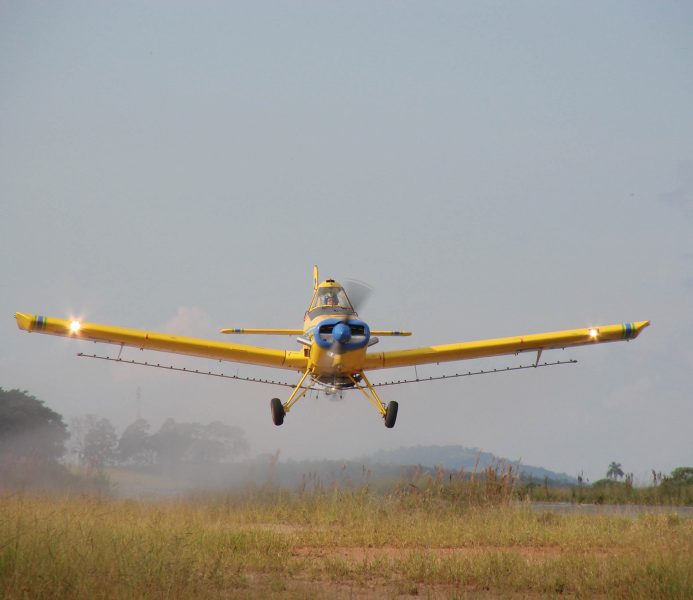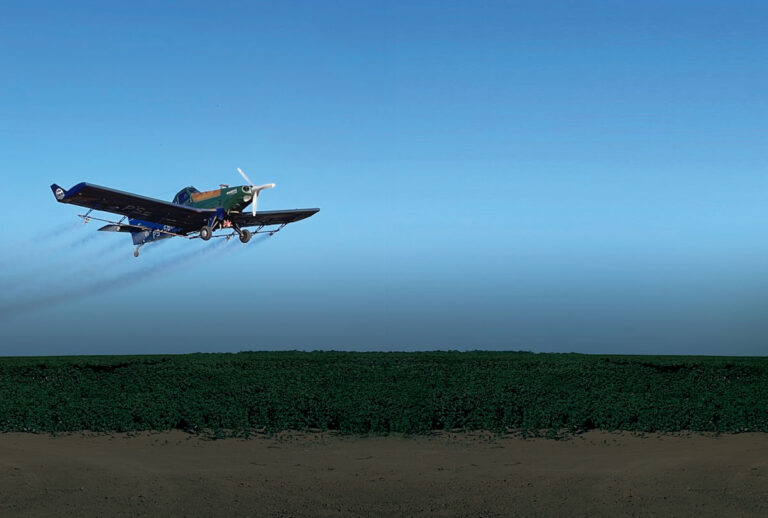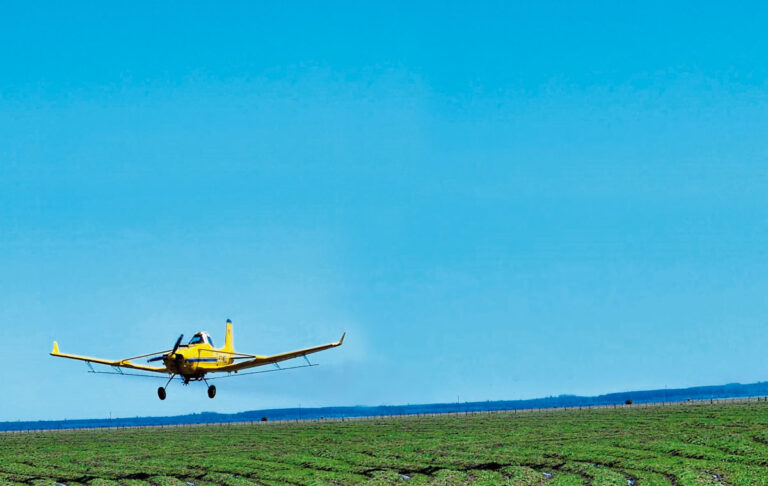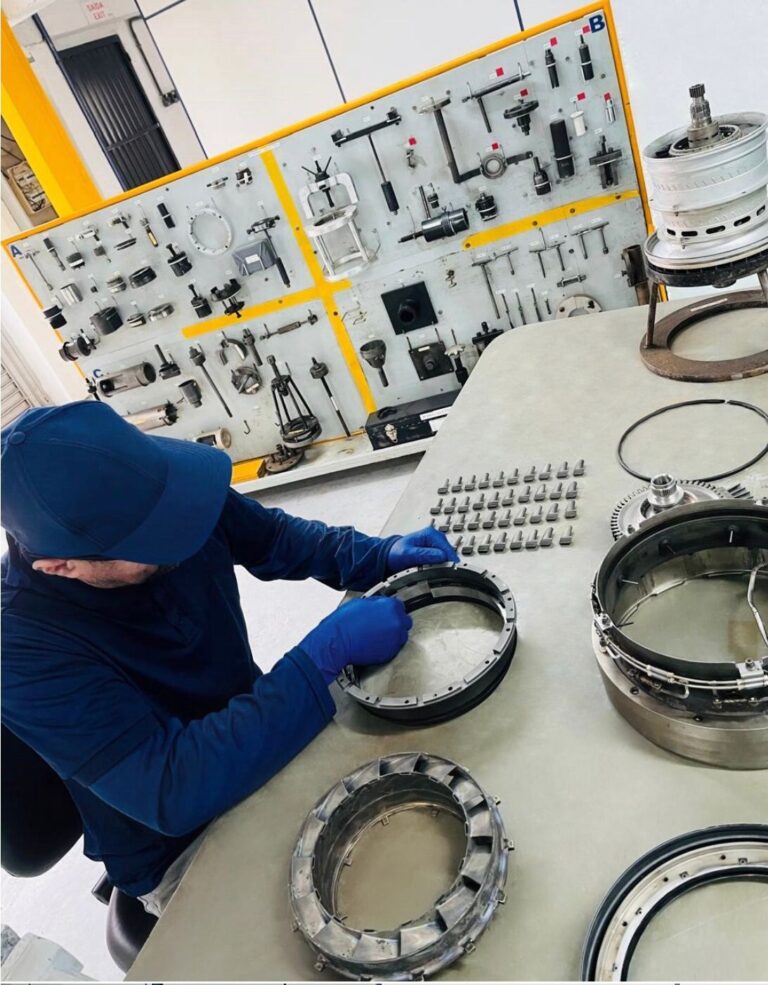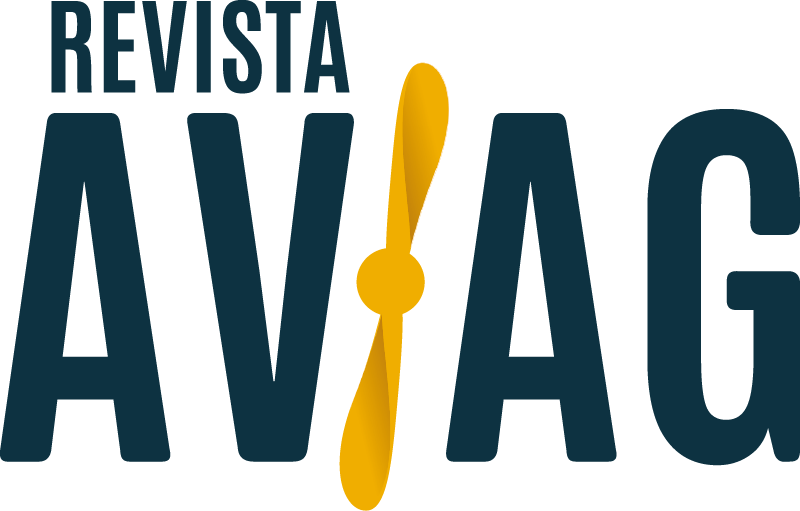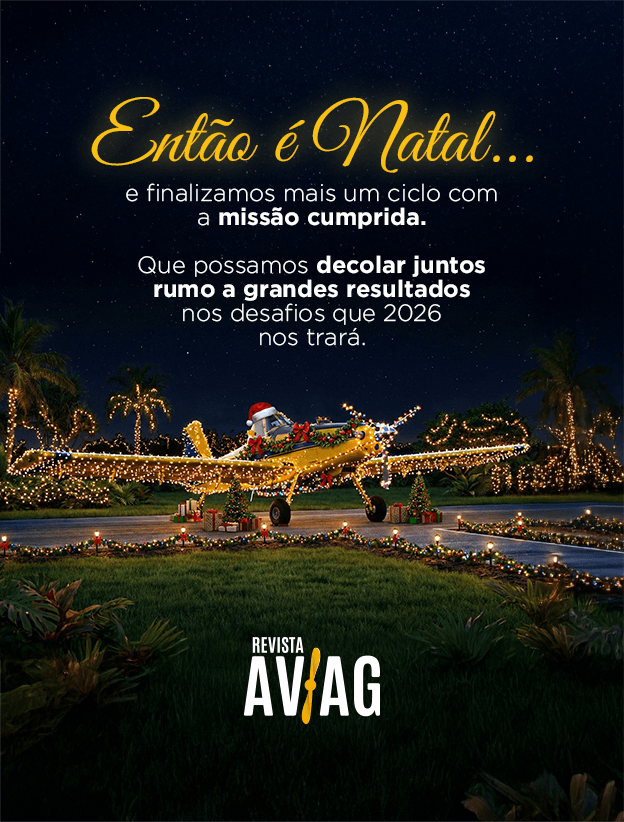“It is only with education, knowledge production and communication that we will be able to destroy the myths and conquer society’s empathy towards the aero agricultural operation, a mission that embraces the whole production chain of the sector”. This affirmation is from the president of the Brazilian Institute of Agricultural Aviation (Ibravag), Júlio Augusto Kämpf, who’s celebrating the inclusion of a course about aerial application in three more universities in Brazil, between 2023 and 2025 – federal universities of Espírito Santo (UFES) and Sergipe (UFS), both states in Brazil. Also, in the University Center Philadelphia (Unifil).
The celebration makes a lot of sense. Currently, less than 10 percent of 512 colleges in the field of agriculture have this class in their curriculums. Many times, the aero agricultural activity is approached by professors that know the operation, in courses like technology of application and/or mechanization. This initiative has more to do with the interest of the professores than with the classes proposed by the universities to a certain course.
The agronomist and master in agricultural sciences, Katyussa Karolyne Grassato Pinheiro, professor in the class “Weeds” in the University Guarapuava, in the state Paraná, South of Brazil, is a member of this selected group of professors that take their knowledges about application with aircrafts – that meaning airplanes, helicopters and drones – to the classroom. Recently graduated, she went working in a farm in Mato Grosso (state of Brazil), where the farmer owner had an agricultural aircraft for applications in his farm. “I was lost. I did not know where to start”, says the professor.
Katyussa was one of many students that went to an agronomic engineering course and graduated without having any contact with the Agricultural Aviation scenario. Now, with more knowledge of the activity, and to avoid that her students don’t leave the course unprepared, she approaches agricultural aviation in her classes about technology of application. The University Guarapuava does not have an aircraft for practical classes, but her students can observe drones. And the teacher encourages her students to reach out for knowledge about the sector, going to courses, talks and other activities.
The retired professor of the Federal University of Lavras (Ufla) Wellington Pereira de Alencar Carvalho, master and doctor in Agronomy, emphasis in Agricultural Energy, was another professional that added to the discipline he used to lecture the concepts of aerial application. He was instructor of the now extinct Course of Agricultural Aviation (Cavag), the agronomist took his knowledge to the classes. For it to be done, he counted with an aircraft Ipanema, that was passed to Ufla (university) after the end of the activities of the Ipanema Farm.
Nowadays, the agronomist and doctor in Agricultural Engineering, Aldir Carpis Marques Filho, has the responsibility of giving the class. He also keeps the content focused on the aero agricultural activity. He confesses that his biggest experience is in land machinery. Because of that, from this year on, once a semester he calls the professor Wellington de Carvalho to teach one class. “We have the equipment inside the laboratory and one aircraft, that even though is not in operation, allows the students to have an idea of the equipment”, says the professor.
National Agricultural Aviation Forum brings debate on the sector to Brasilia
Ibravag is aware of the gap in the curriculum of the agronomic engineering course in relation to aerial application technologies. In the face of that scenario, the year of 2023 was dedicated to get closer to universities and entities such as the Federal Council of Engineering and Agronomy (Confea), so they could help in the process of taking to even more colleges the knowledge about aero agricultural technology. And the year of 2023 was thriving in the divulgation of these operations. 27 universities were contacted and in eight of them Ibravag did talks to present the institute, the National Union of Agricultural Aviation Companies (Sindag) and how agricultural aviation works.
The operational director of Ibravag, Michele Fanezzi, is responsible for the project of turning Ibravag into a teaching reference. Administrator, professor with expertise in the directory of a university, course coordinator, always involved in the education field, the manager of the sector is opening doors in Brazilian universities so that aero agricultural technology can become one of the subjects on the curriculum.
“And we already have good news. Only this year we have made progress in four renowned institutions, and have scheduled March 6th, next year, the National Agricultural Aviation Forum in the UnB”, announces the director. The University of Brasília needs no introduction. With four centers – Brasília (Darcy Ribeiro Campus), Planaltina (UnB Planaltina College), Gama (UnB Gama College) and Ceilândia (UnB Ceilândia College) – it is one of the largest higher education institutions in the Midwest region and one of the most important in Brazil and Latin America.
And this is where professors, renowned researchers and masters of the aero agricultural activity will meet. Just to have an idea, names like the professor Ulisses Antuniassi, from the Rural and Socio Economic Engineer Department from the State University of São Paulo (Unesp), expert in technology of aerial application; and the specialist in agricultural flight security, Milton Cardoso de Lima, member of the 5th Regional Service of Investigation and Prevention of Aeronautic Accidents (Seripa V), are confirmed.
The proposal is: based on updated information about technologies, debate the main points to the best possible development of activities related to agricultural aviation in Brazil and around the world. “With this, we intend to disseminate relevant and truthful information to the academic, civil and professional communities,” says Maísa Santos Joaquim, a professor at the Faculty of Agronomy and Veterinary Medicine in the Agribusiness Management Course and the Agronomy Postgraduate Program.
The professor, who has a degree in Forest Engineering, a master’s and a doctorate in Forestry Sciences – research line Forestry Economics, and who also works as vice-director of the Faculty of Agronomy and Veterinary Medicine at UnB, regrets that in Brasilia, which is the center of decision-making on regulation and other public policies, there is no debate on the subject. And not just talking about arable farming itself. “Decisions on the insumes used on crops, such as pesticides, fertilizers, among others, also go through the regulatory bodies based in Brasilia,” he observes.
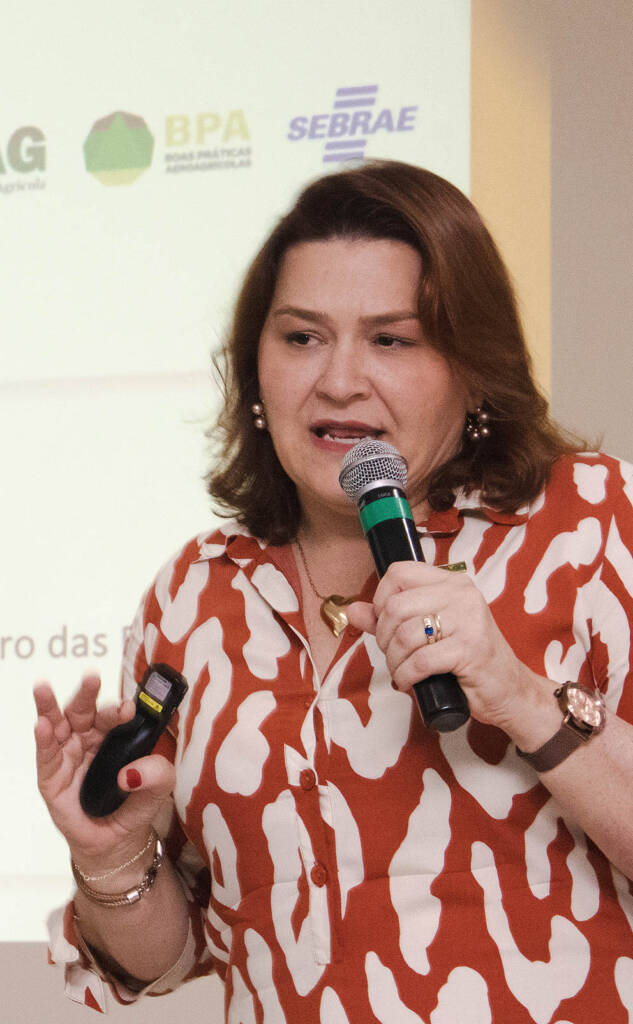
To the UnB professor, the university is the ideal space to enlarge the discussion
The National Agricultural Aviation Forum is the first major action involving the activity within UnB. The topic has never been widely discussed at the university, although professor Maísa Santos Joaquim is enthusiastic about agricultural operations and knows a lot about the sector behind the scenes. “My brother is an agricultural pilot and, living with him, I began to see up close the prejudice and barriers that exist both in the profession and in the activity. This sparked my curiosity as a researcher,” she confesses.
Maísa believes it’s time to demonstrate how the operation is really carried out. “We need to give people real information,” she says. For the professor, the university is the right place to debate different subjects, verify data, do research, produce knowledge and talk to society. The idea is for the Forum to be a measuring stick to assess the inclusion of content relating to aero agricultural operations in the Agricultural Machinery subject or even the creation of an elective course on the subject.
According to the professor, as well as students from the agricultural sciences, academics from the forestry and environmental engineering disciplines have also shown interest in the subject. But the implementation of a specific subject involving aerial application, in addition to the small number of professionals researching the technology and qualified to work in the area, also comes up against the high costs of setting up a laboratory for practical classes.
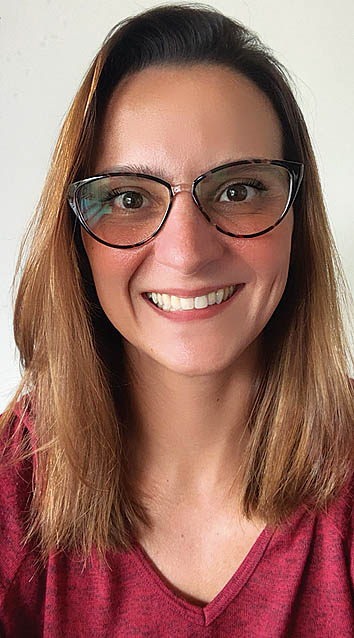
National Agricultural Aviation Forum
- When: March 6, 2024, at 8 a.m.
- Location: Auditorium of the UnB Teachers’ Association (ADUnB), in Brasília
- Registration: open to anyone interested and must be done in advance via the system
- Program: Divided into two parts – five lectures and a round table with authorities in the afternoon
- Already confirmed*: Luis Eduardo Rangel (Ministry of Agriculture, Livestock and Supply (MAPA); Ulisses Antuniassi (professor and researcher Universidade Estadual Paulista/Unesp); professor and business consultant Marcelo Drescher; Milton Cardoso de Lima (CENIPA – Centro de Investigação e Prevenção de Acidentes Aéreos); Cleria Regina Mossmann (specialist in Documentation Management/ Mossmann Assessoria); Eduardo Schulter (Senar-DF), as round table mediator; Nilson Leitão (president of Instituto Pensar Agropecuária/IPA); Fabrício Morais Rosa (executive director of the Brazilian Association of Soybean Producers/Aprosopa); Júlia Emanuela Almeida de Souza (coordinator of Agricultural Production at the Confederation of Agriculture and Livestock of Brazil/CNA); Gabriel Colle (executive director of the Brazilian Institute of Agricultural Aviation/Ibravag and National Union of Agricultural Aviation Companies/Sindag; Mariana Altoé (Superintendent of Civil Aviation Personnel/SPL of the National Civil Aviation Agency/Anac).
Aerial application course to be included in UFES curriculum by 2025
The start for the creation of a subject focused on aero agricultural technology at the Federal University of Espírito Santo (UFES) has already been made. The coordinator of the Agronomy Faculty, Edney Leandro da Vitória, a professor with a degree in Agricultural Engineering, has already won the first yes for the subject to be included as an elective in the course curriculum. The syllabus now needs to be approved by the university’s higher authorities. “The next classes, possibly from 2025, will already have the possibility of enrolling in the subject, which will initially be optional,” says the professor. Over time, the idea is to make the subject compulsory.
Although the content involving aerial application is not yet included in a specific subject, the topic does not go unnoticed at the São Mateus Campus (University Center in the North of Espírito Santo/Ceune, 220 kilometers from the capital of Espírito Santo), where Ufes’ Agronomy program is based. Professor of Mechanics, Engines and Agricultural Machinery for the undergraduate Agronomy course and the courses on Application Technology for Agricultural Defensives, Precision Agriculture and Neural Networks Applied to Agriculture in the Postgraduate Program in Tropical Agriculture (PPGAT/UFES), the master and doctor in Agricultural Engineering has invited his students to take part in research involving application drones.
Their efforts have already earned them an award at the most recent Agricultural Aviation Scientific Congress, which took place alongside the Agricultural Aviation Congress 2023 in July this year. The group from Vitória returned home with second place for their research “Quality of spraying using remotely piloted aircraft in citrus cultivation” (published on pages 51 to 55 of this issue) and Innovation Spotlight for the study “Control of phoma blotch in applications using remotely piloted aircraft in Coffea arabica”, signed by the professor in partnership with fellow professor César Abel Krohling, from the Capixaba Institute for Research, Technical Assistance and Rural Extension (INCAPER).
And research continues apace for the next edition of the Scientific Congress developed by Ibravag/Sindag. More than just winning awards and being validated by their peers, the studies carried out by UFES are aimed at promoting good agricultural practices in general. Since drones dominate the aerial application scene in Espírito Santo, the graduate program at the School of Agronomy has been developing research into aerial application technology for pesticides and foliar fertilizers using remotely piloted aircraft since 2019.
According to Vitória, there are a total of 13 people – he and 12 other students in the master’s and doctorate classes – each developing their own scientific initiation project focused on producing knowledge in the area of agricultural aviation. The experiments to evaluate drone applications are carried out in a specific area of the coffee plantation at the Experimental Farm. In addition, students in the postgraduate program in tropical agriculture can use the university’s laboratory, which has three application drones. Although the drone is well accepted in the state, the professor says that applications with airplanes and helicopters will be worked on in class.
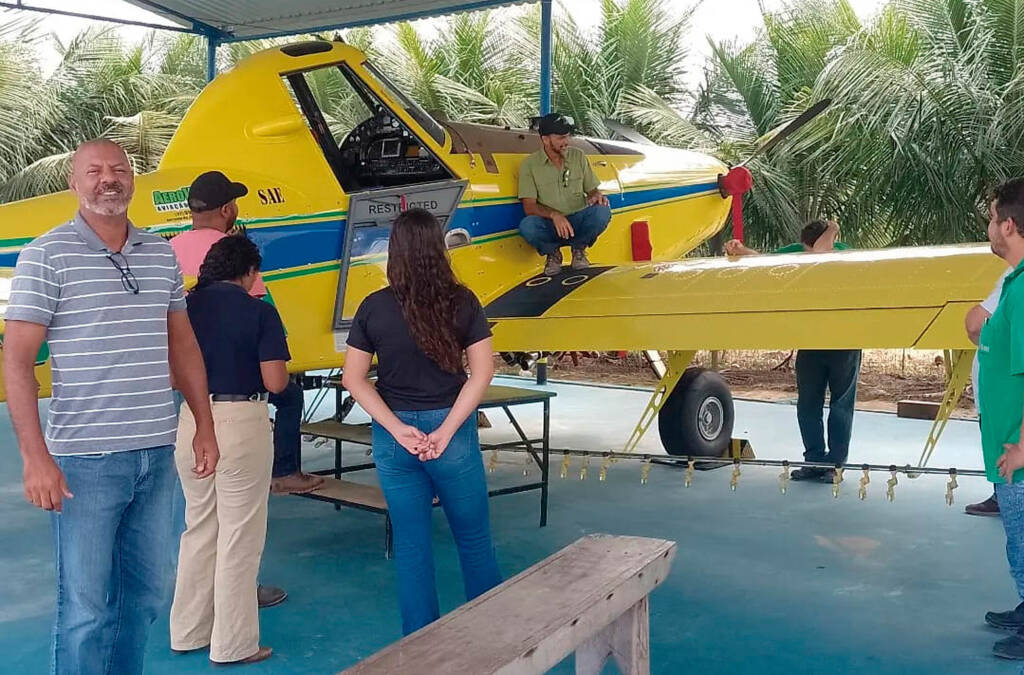
First aero agriculture class at Federal University of Sergipe starts in 2024
From the first semester of 2024, the subject of Aero agricultural Application Technology will be available as an elective in the Agricultural Engineering course at the Federal University of Sergipe (UFS). The 50 places on offer have already been filled. According to Rychardson Rocha de Araújo, a professor at the institution with a master’s degree and doctorate in Phytotechnology, it is expected that the subject will become compulsory with the reformulation of the Agricultural Engineering curriculum, which will take place next year, and included as an elective in Agronomy.
Although agricultural planes and helicopters are not used in Sergipe, drones are well accepted by local producers. In addition, the state of Alagoas, Sergipe’s neighbor, uses aerial spraying by plane. For this reason, the training will cover all the tools used by aerial application technology. The professor says that he is already developing a research project involving unmanned aircraft. “It’s a way of opening up a line of research,” he says.
While classes are not starting, Araújo is setting up the laboratory. He says he has obtained a spray tip from an agricultural company to build a simulator. And he is looking for other possible partners to make up the space for practical classes on campus.
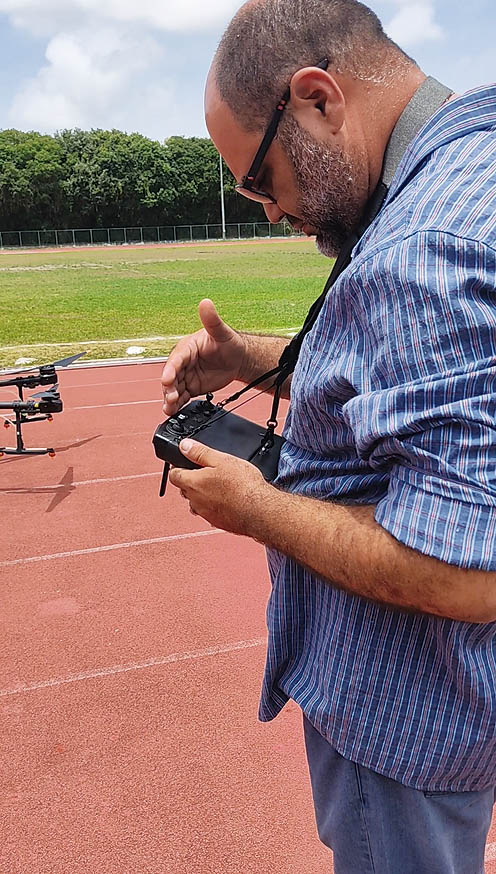
Unifil’s Agronomy department introduced aerial application this semester
The Centro Universitário Filadélfia (Unifil), based in Londrina/PR, has introduced the subject Agricultural Aviation and Aerial Application Technology at the Agronomy School. The first class of the subject started in the second semester of 2023 and its main professor is agronomist João Miguel Ruas. With a master’s degree in Application Technology and coordinator of Agricultural Aviation, and having taught at the private educational institution for 12 years, Ruas suggested the inclusion of the subjects during the change in the agronomy course curriculum. He even put together the syllabus and technical material.
As the school does not yet have its own aircraft for practical lessons. The students are taken to aero agriculture farms in the region to see an aircraft up close, how it works and how it operates in the field. “It’s a subject that arouses the students’ interest,” says the teacher. As there are few universities that cover the subject, Ruas has encouraged students to understand the aerial application process more and more.
